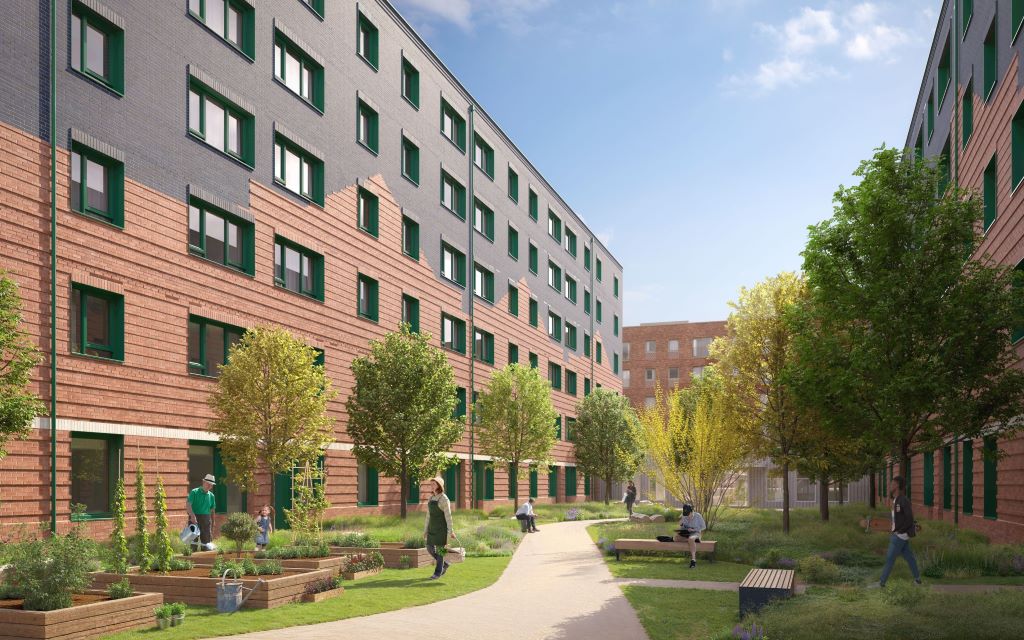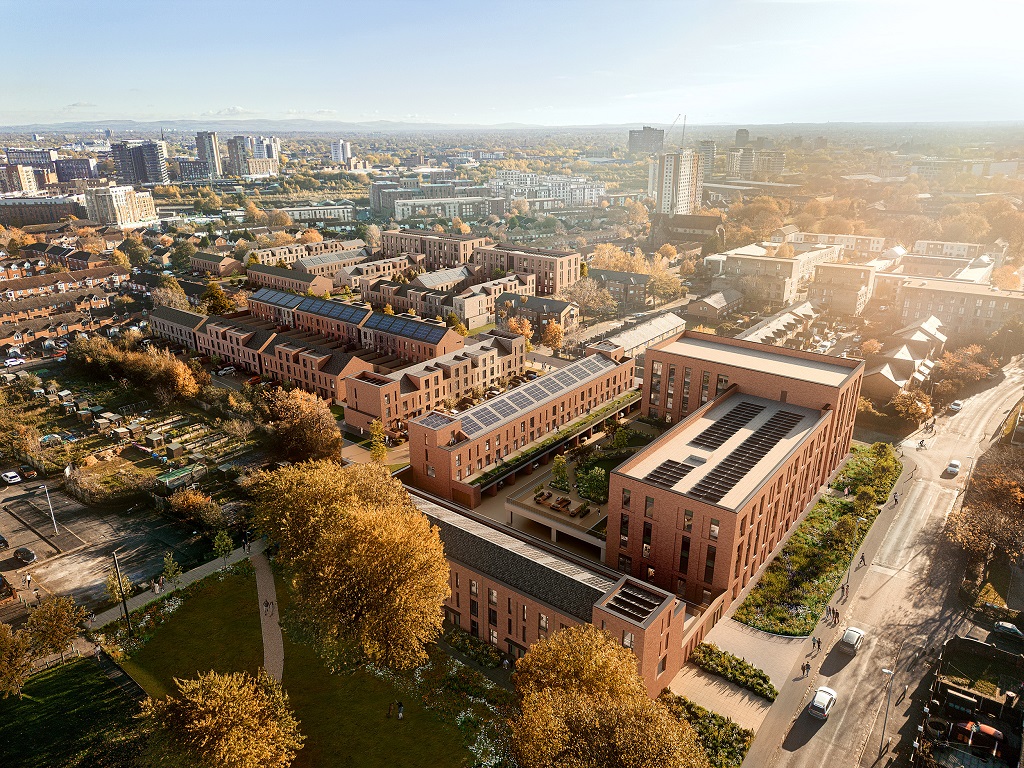Salford HMO controls working, city council says
Strict rules on the development of houses in multiple occupation across the city are having the desired effect and prompting other areas to follow suit.
In 2018, Salford City Council removed permitted development rights for the conversion of residential properties into small HMOs – schemes for up to six unrelated residents – by implementing an Article 4 Direction in some parts of the city.
Last year, Salford expanded the boundaries of the Article 4 in a bid to take a tighter grip on HMO development.
The idea behind restricting the number of shared houses in a given area is to mitigate against their negative impacts. These include higher instances of anti-social behaviour and crime, strain on public services, and pressures on parking provision.
Between November 2024, when Salford beefed up its controls, and the end of August 2025, the city council received 113 applications for HMOs within the areas covered by the Article 4.
Of those, 35 were refused and another six were withdrawn.
In August alone, 12 applications – including six from a single developer – were refused across the city.
Prior to the introduction of the Article 4, the city council had no control over where or how many HMOs were developed.
While affording the local council a better handle on the HMO issue, the Article 4 does not amount to an outright ban; since November, the city council has approved plans for 72 small shared houses in the Article 4 zone.
Cllr Mike McCusker, lead member for planning, transport and sustainable development at Salford City Council, said HMOs are important to the city’s housing mix but that their impacts must be managed for the sake of communities.
“Using Article 4 Direction legislation means that we can prevent over-concentrations of HMOs in neighbourhoods and make sure we’re meeting needs in the right places, helping to preserve the character of our neighbourhoods for local people,” he said.
“This policy change has been effective in persuading some applicants to reconsider their proposals and in some cases withdraw them. And it means we can influence HMO activity rather than have it happen to us.”
Salford is by no means the only local council seeking to remove permitted development rights for HMOs in the face of social problems.
Bolton Council wants to adopt similar measures to tackle its “disproportionately high number of HMOs”, while Preston City Council’s whole inner urban area could soon be covered by an Article 4 blocking HMO PDR.
In Hyndburn, an Article 4 is being sought to address a “spiral of decline.”
Next month, Sefton Council is hoping to secure approval for an Article 4 that covers the whole borough.
Leader Cllr Marion Atkinson said this would introduce “an extra check and balance” and give local people a say on individual projects.
Permitted development rights for HMOs were introduced in 2010 in a bid by the then Conservative government to make it easier for landlords to convert their assets.
However, the rule has proved unpopular with local authorities. Three councils tried but failed to have the rule change scrapped at a judicial review.





We are absolutely flooded with HMOs and it’s got to stop. We need homes for families and getting our local community back
By Anonymous
If HMOs are known to cause an increase in ASB and crime, why are they allowed at all? A bit of crime and ASB is OK as long as a slum landlord can maximise profits?
By Bernard Fender
They only work in that no one is monitoring the negative impact on availability and affordability for those at the lower end of the market who have no option but to rent a room in a HMO.
By AB